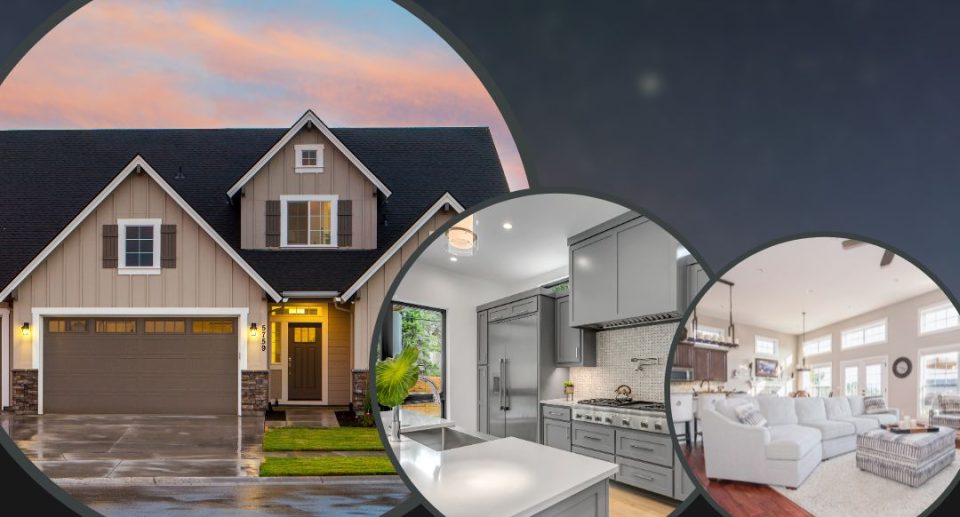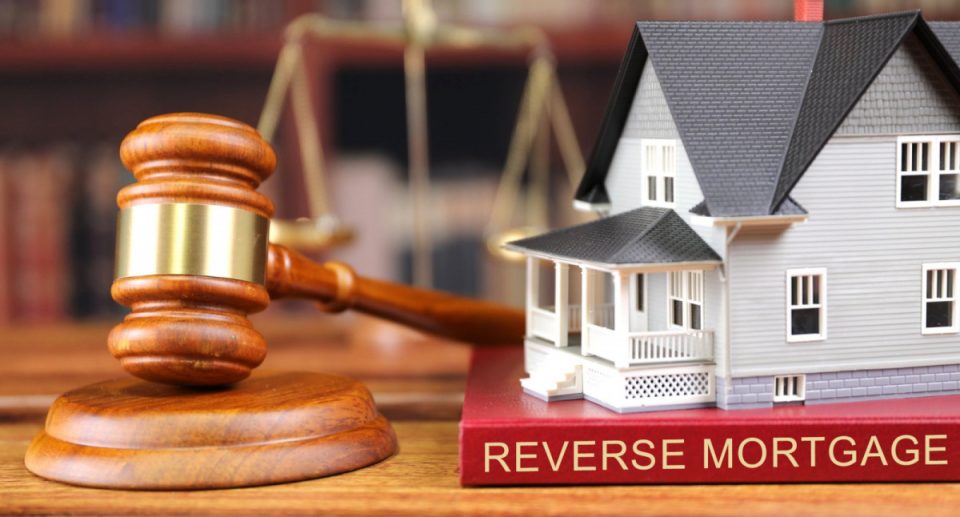Is a Reverse Mortgage a Good Option for Home Purchase?

A reverse mortgage is a unique financial product that allows homeowners, typically seniors aged 62 and older, to convert part of the equity in their home into cash. While reverse mortgages are commonly used to supplement retirement income or cover unexpected expenses, they can also be used to purchase a new home. This blog post explores whether a reverse mortgage is a good option for home purchases, examining the benefits, potential drawbacks, and scenarios where it might make sense.
Understanding Reverse Mortgages for Home Purchase

A reverse mortgage for home purchase, also known as a Home Equity Conversion Mortgage for Purchase (HECM for Purchase), allows seniors to buy a new primary residence using the proceeds from a reverse mortgage. This type of loan combines the home purchase process with a reverse mortgage, enabling seniors to move to a more suitable home without taking on a new monthly mortgage payment.
How Does a HECM for Purchase Work?

- Eligibility Requirements: The borrower must be at least 62 years old, and the home being purchased must be the primary residence. The property must also meet FHA standards.
- Down Payment: The borrower must make a substantial down payment, typically ranging from 30% to 50% of the purchase price, depending on the borrower’s age and the home’s value. The down payment comes from the borrower’s existing assets, such as savings, the sale of a previous home, or other investments.
- No Monthly Payments: Similar to traditional reverse mortgages, there are no monthly mortgage payments. The loan is repaid when the homeowner sells the home, moves out permanently, or passes away.
- Loan Proceeds: The reverse mortgage proceeds cover the remaining cost of the home after the down payment.
Benefits of Using a Reverse Mortgage for Home Purchase

Using a reverse mortgage to purchase a home offers several advantages:
1. No Monthly Mortgage Payments
One of the most significant benefits of using a reverse mortgage for home purchase is that it eliminates the need for monthly mortgage payments. This can provide financial relief for seniors living on a fixed income, allowing them to allocate their resources to other essential expenses.
2. Downsizing or Relocating
A reverse mortgage for purchase can help seniors downsize to a smaller, more manageable home or relocate to be closer to family, medical facilities, or amenities that suit their lifestyle. This flexibility can improve the quality of life and ensure that the home meets the homeowner’s needs. For example, Ali, a 70-year-old widow, wants to move from her large suburban home to a smaller condo near her children. By using a reverse mortgage for purchase, she can buy the condo without worrying about monthly mortgage payments.
3. Access to Home Equity
Using a reverse mortgage allows seniors to access the equity in their home to fund the purchase of a new property. This can be particularly beneficial if the current home has appreciated significantly in value, providing a substantial source of funds for the down payment on the new home.
4. Preserve Savings and Investments
By using a reverse mortgage for purchase, seniors can preserve their savings and investments. Instead of using these assets to buy a new home outright, they can leverage the home equity to finance the purchase, leaving their other assets untouched for future needs.
5. Flexible Repayment Options
The reverse mortgage is repaid when the homeowner sells the home, moves out permanently, or passes away. This flexibility can provide peace of mind, knowing that there is no immediate pressure to repay the loan.
When is a Reverse Mortgage for Purchase a Good Option?

A reverse mortgage for purchase can be a good option in certain scenarios:
- Desire to Eliminate Monthly Payments: Seniors who want to move to a new home without the burden of monthly mortgage payments may find a reverse mortgage for purchase appealing. This option allows them to relocate or downsize while maintaining financial flexibility.
- Need for Accessible Housing: For seniors needing more accessible housing, such as a single-story home or a property with mobility features, a reverse mortgage for purchase can facilitate the transition without depleting their savings.
- Significant Home Equity: Homeowners with significant equity in their current home can leverage that equity to fund the purchase of a new home, preserving other assets and investments for future needs.
- Desire to Be Closer to Family or Services: Seniors looking to move closer to family members, medical facilities, or amenities that better suit their lifestyle can use a reverse mortgage for purchase to achieve this goal without monthly mortgage payments.
Conclusion

A reverse mortgage for purchase can be a valuable financial tool for seniors looking to buy a new home without the burden of monthly mortgage payments. The benefits, such as financial flexibility, the ability to downsize or relocate, and access to home equity, can make this option attractive.
Ultimately, whether a reverse mortgage for purchase is a good option depends on individual circumstances and financial goals. Seniors should thoroughly evaluate their needs, consult with financial advisors, and undergo mandatory counseling to ensure they fully understand the implications of this financial product. By doing so, they can make an informed decision that aligns with their long-term objectives and enhances their quality of life.





